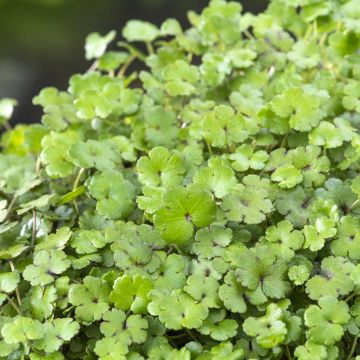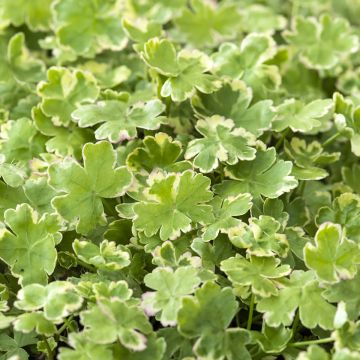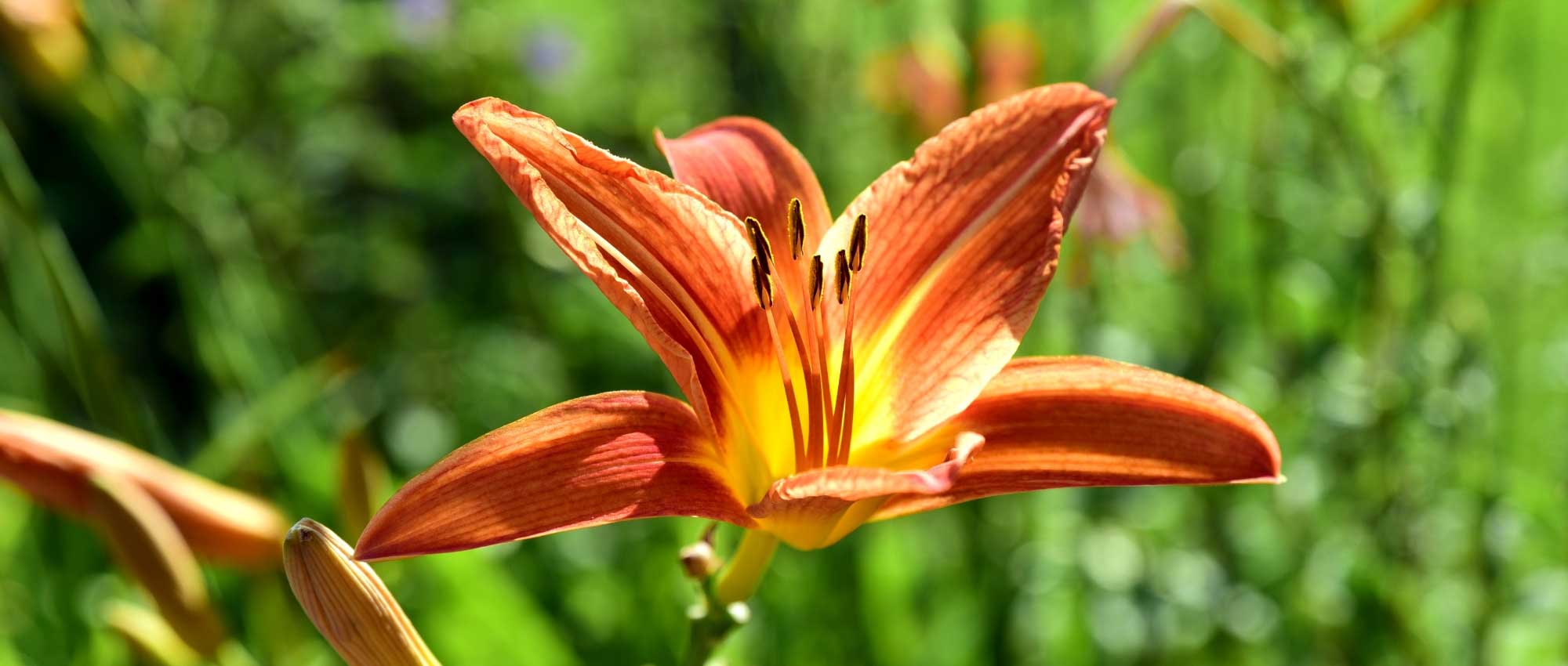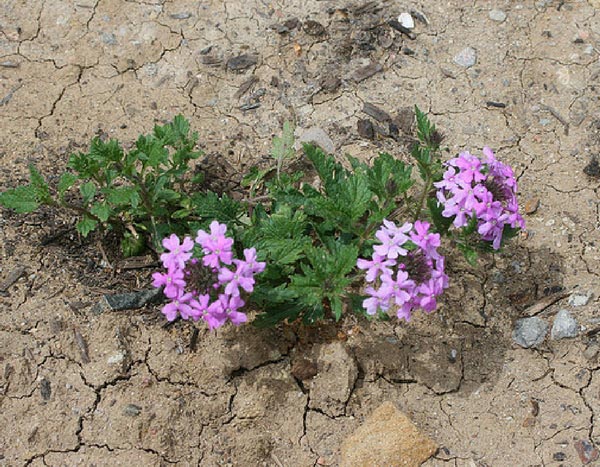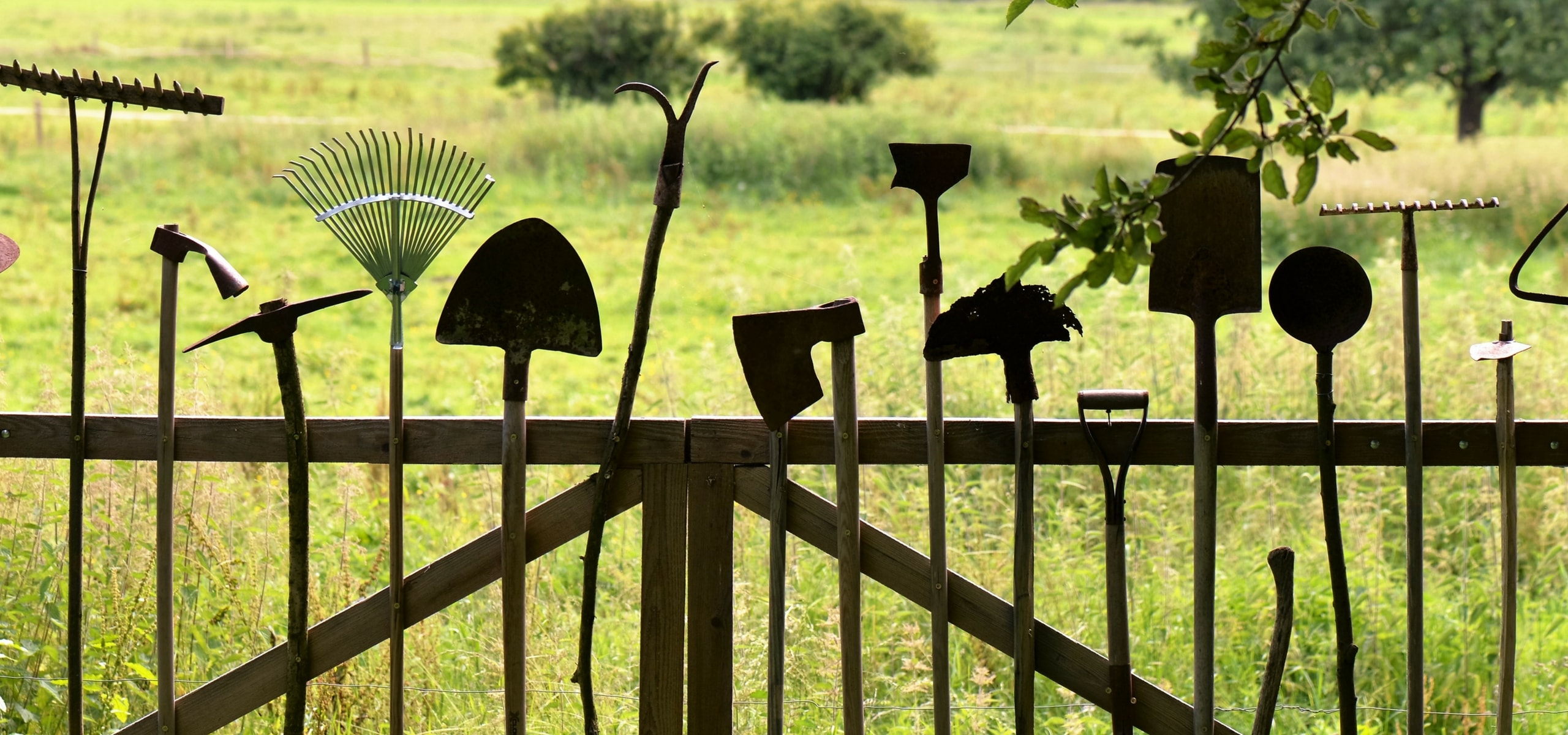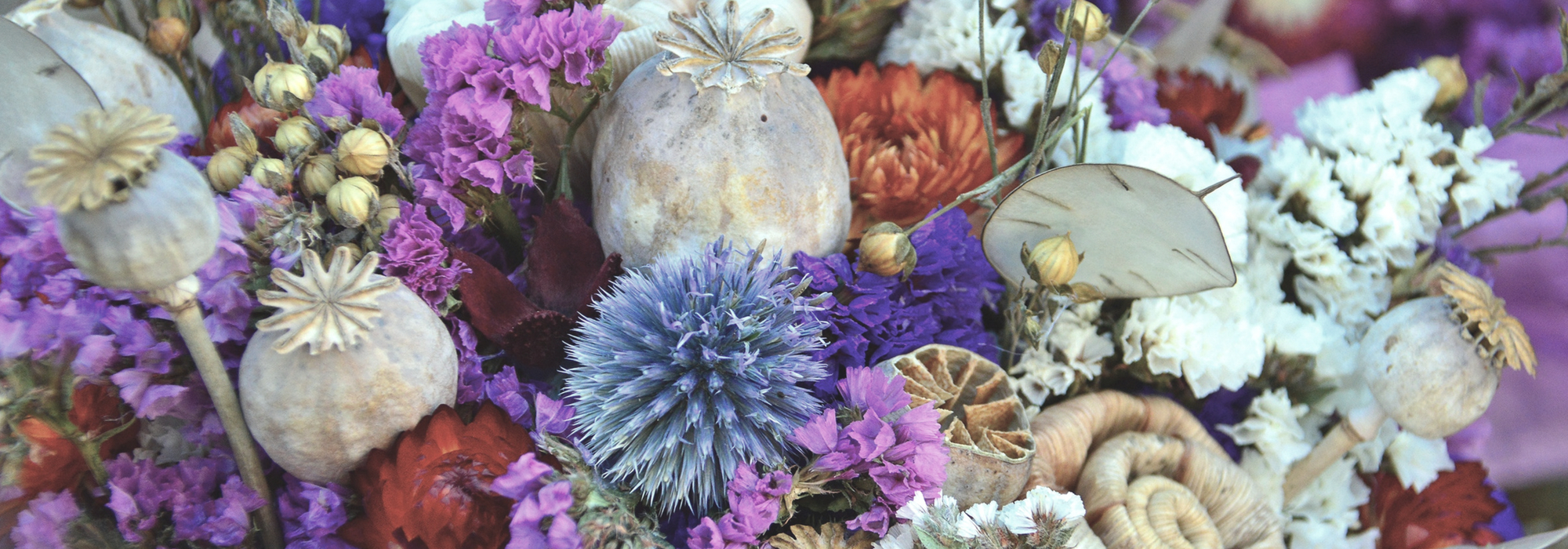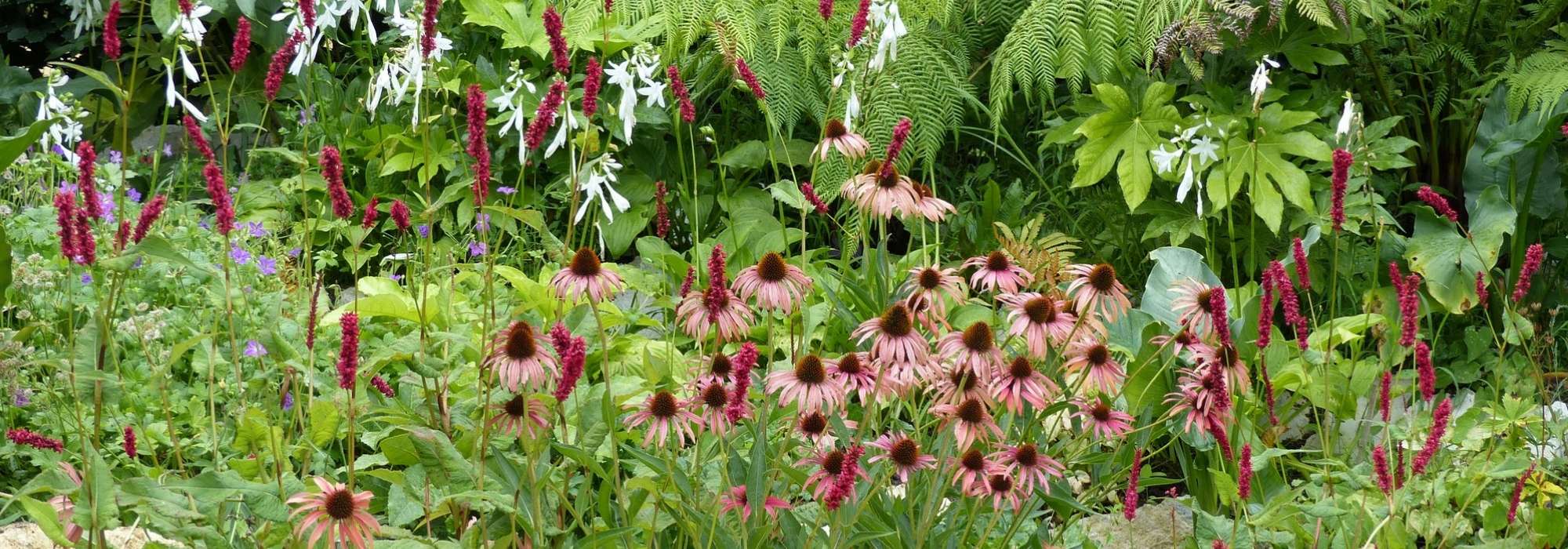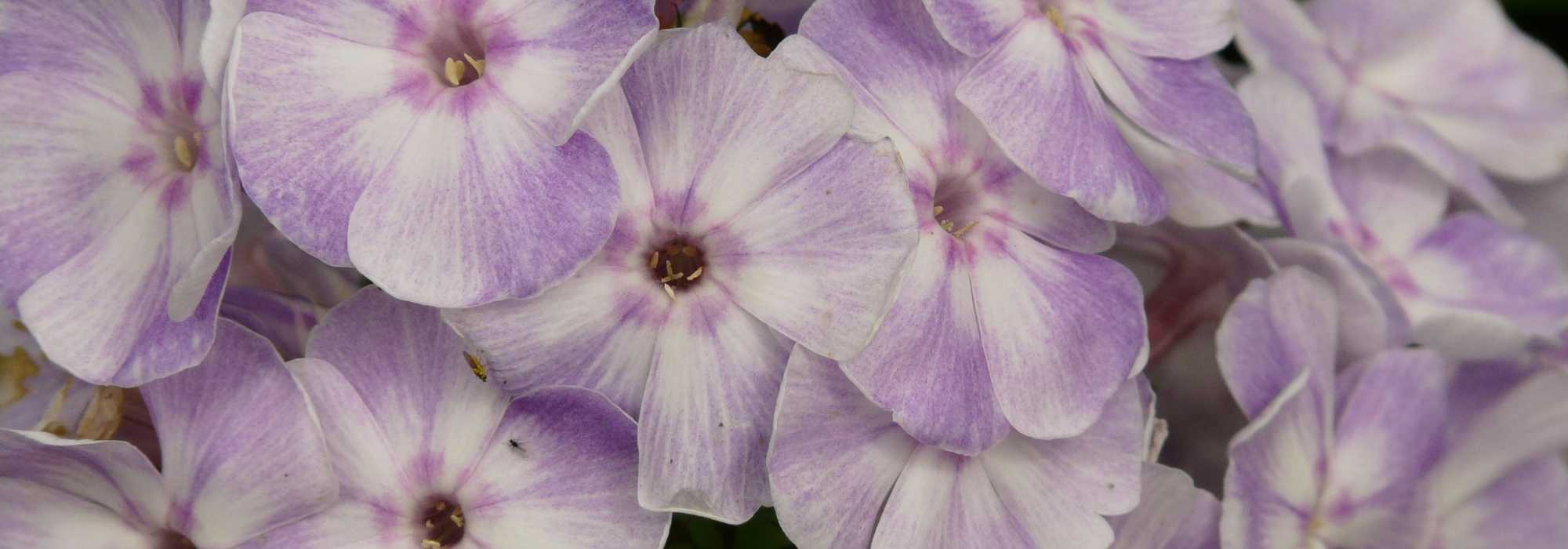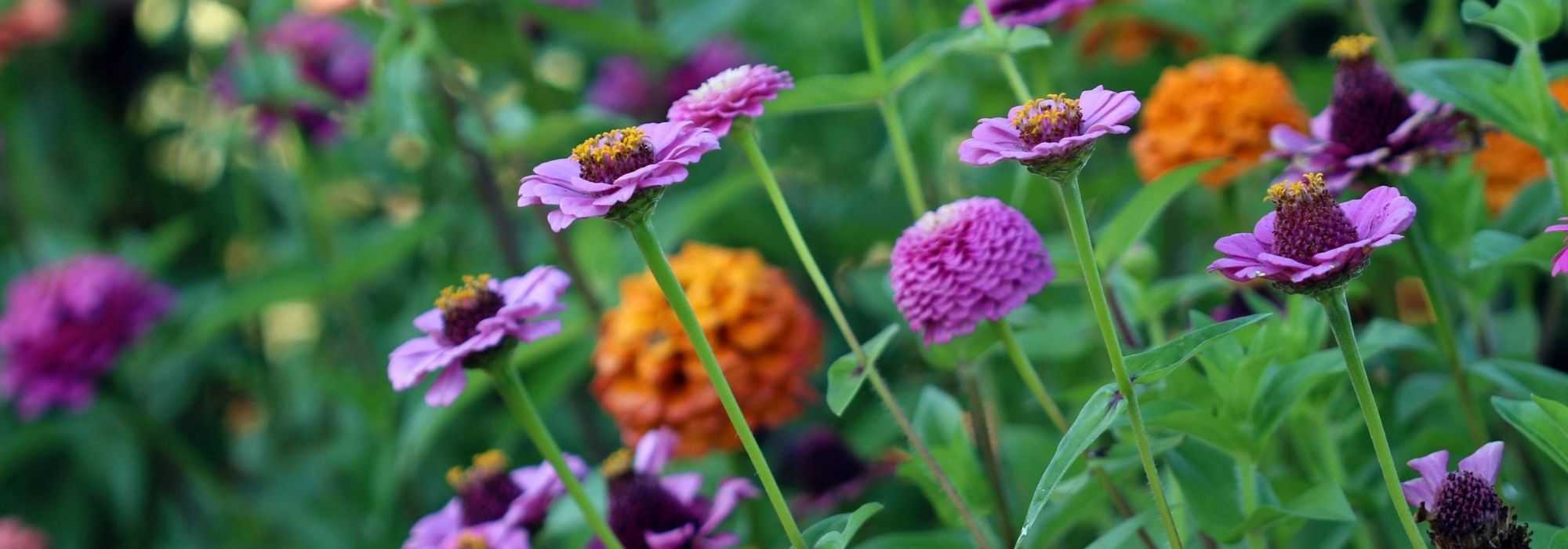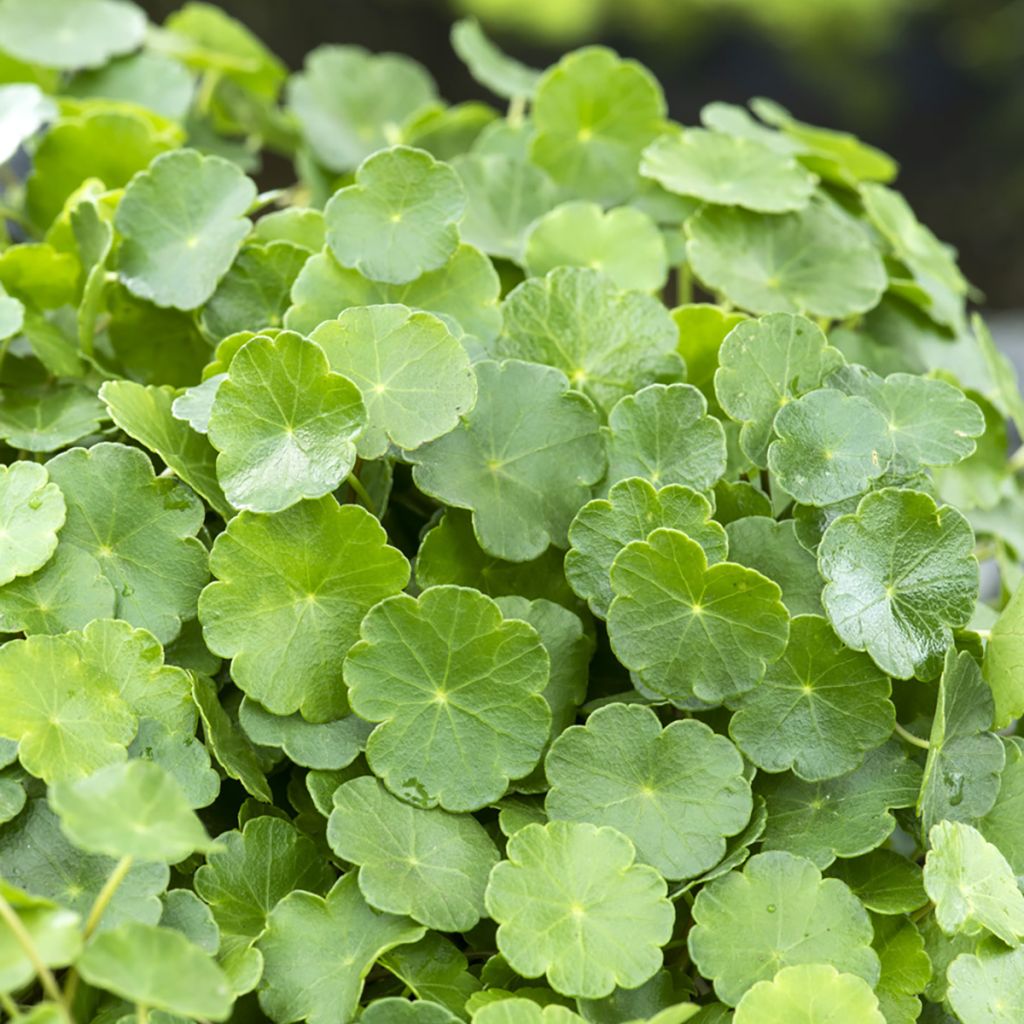

Hydrocotyle vulgaris
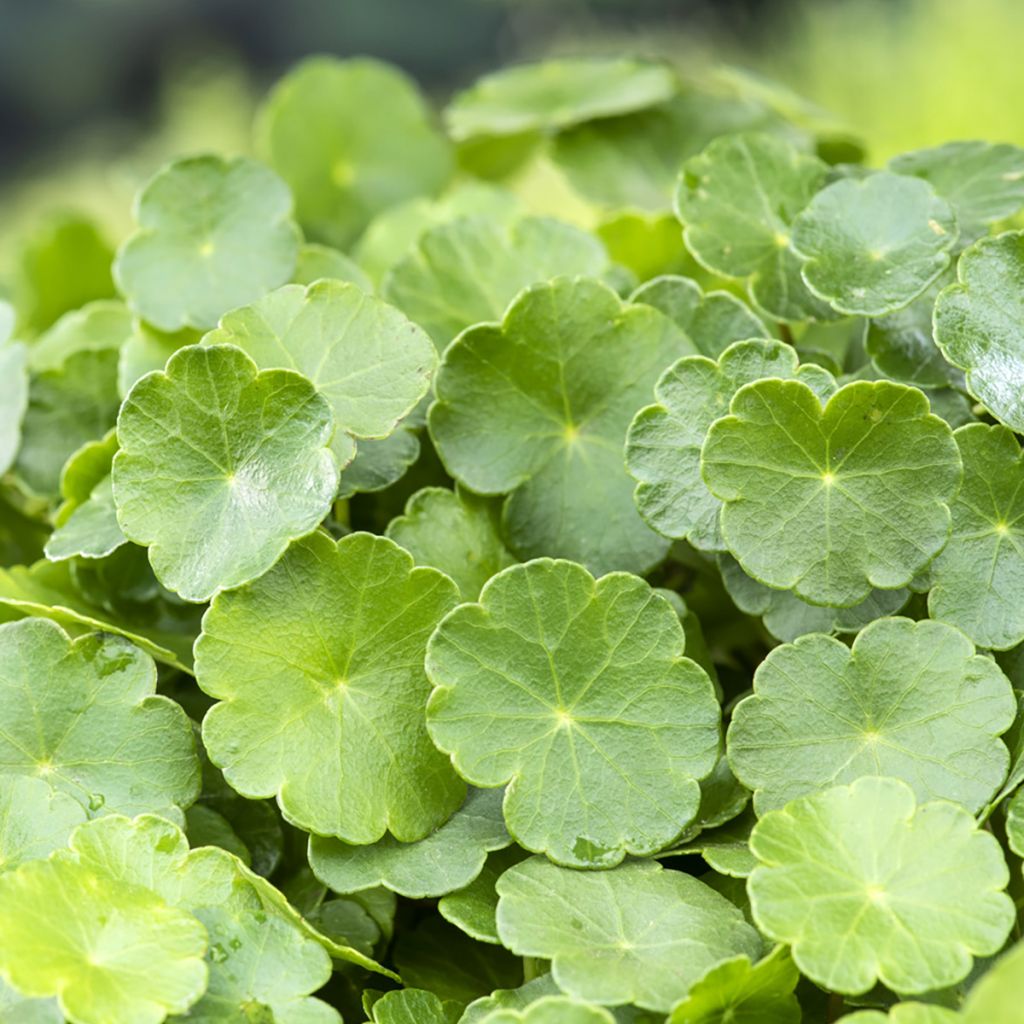

Hydrocotyle vulgaris
Hydrocotyle vulgaris
Hydrocotyle vulgaris
Marsh Pennywort, Common Pennywort, Water Pennywort
Special offer!
Receive a €20 voucher for any order over €90 (excluding delivery costs, credit notes, and plastic-free options)!
1- Add your favorite plants to your cart.
2- Once you have reached €90, confirm your order (you can even choose the delivery date!).
3- As soon as your order is shipped, you will receive an email containing your voucher code, valid for 3 months (90 days).
Your voucher is unique and can only be used once, for any order with a minimum value of €20, excluding delivery costs.
Can be combined with other current offers, non-divisible and non-refundable.
This plant carries a 12 months recovery warranty
More information
We guarantee the quality of our plants for a full growing cycle, and will replace at our expense any plant that fails to recover under normal climatic and planting conditions.
Does this plant fit my garden?
Set up your Plantfit profile →
Description
Hydrocotyle vulgaris, also known as Water Pennywort or Marsh Pennywort, is a semi-aquatic perennial ground-cover plant with small round and vibrant green leaves that float on the water's surface. It can be used submerged in a pond or as a trailing plant in a waterfall. Its summer flowering is small and insignificant. It is useful for oxygenating the water and providing refuge for fry. It also acts as a purifier, absorbing suspended nutrients.
Hydrocotyle vulgaris belongs to the Araliaceae family. It is native to Europe and North Africa where it can be found in moist meadows and peat bogs. It is a slender and creeping perennial herb that forms a dense clump of scalloped, rounded, glossy, bright green leaves measuring 2 to 3 cm in diameter. With petioles whhich are smooth at the base and covered with fine bristles at the top. They have a slight carrot-like odour and are edible. The flowers are whitish, greenish, or pinkish and appear discreetly in July-August. The foliage is semi-evergreen, visible down to -5°C and therefore evergreen in mild climates. The plant is hardy.
Plant Water Pennywort between 5 cm and 30 cm deep in water. The plant prefers neutral pH water. It appreciates moderately rich, rather heavy, and peaty soils. Weigh down the plant with a stone, place it in a basket, or make a hole at the bottom of the pond. As a nutrient-hungry plant, it also helps purify the water by assimilating some of the excess nutrients. It is a good oxygenating plant. In the submerged part, fry and tadpoles can find a safe haven. To prevent attacks from carp or herbivorous fish, a 10 cm protection can be installed around the basket. Hydrocotyle is also highly decorative when placed in a waterfall, with its stems trailing beautifully, as long as it remains submerged.
Report an error about the product description
Hydrocotyle vulgaris in pictures


Flowering
Foliage
Plant habit
Botanical data
Hydrocotyle
vulgaris
Plantaginaceae
Marsh Pennywort, Common Pennywort, Water Pennywort
Northern Europe
Other Hydrocotyle
View all →Planting and care
Plant the Hydrocotyle between 5 cm and 30 cm of water to enjoy its emergent form. The plant prefers water with a neutral pH. Using a container helps limit its width growth initially, but it often ends up spreading out. If it spreads too much, you can easily remove a portion of it every year. To do this, shake the stems well above the water to allow insects and other small animals that inhabit them to fall. Removing some of its mass every year helps prevent the eutrophication of the pond (excessive nitrates, silt, etc.). It is a way to balance the environment.
Planting period
Intended location
Care
Planting & care advice
This item has not been reviewed yet - be the first to leave a review about it.
Haven't found what you were looking for?
Hardiness is the lowest winter temperature a plant can endure without suffering serious damage or even dying. However, hardiness is affected by location (a sheltered area, such as a patio), protection (winter cover) and soil type (hardiness is improved by well-drained soil).

Photo Sharing Terms & Conditions
In order to encourage gardeners to interact and share their experiences, Promesse de fleurs offers various media enabling content to be uploaded onto its Site - in particular via the ‘Photo sharing’ module.
The User agrees to refrain from:
- Posting any content that is illegal, prejudicial, insulting, racist, inciteful to hatred, revisionist, contrary to public decency, that infringes on privacy or on the privacy rights of third parties, in particular the publicity rights of persons and goods, intellectual property rights, or the right to privacy.
- Submitting content on behalf of a third party;
- Impersonate the identity of a third party and/or publish any personal information about a third party;
In general, the User undertakes to refrain from any unethical behaviour.
All Content (in particular text, comments, files, images, photos, videos, creative works, etc.), which may be subject to property or intellectual property rights, image or other private rights, shall remain the property of the User, subject to the limited rights granted by the terms of the licence granted by Promesse de fleurs as stated below. Users are at liberty to publish or not to publish such Content on the Site, notably via the ‘Photo Sharing’ facility, and accept that this Content shall be made public and freely accessible, notably on the Internet.
Users further acknowledge, undertake to have ,and guarantee that they hold all necessary rights and permissions to publish such material on the Site, in particular with regard to the legislation in force pertaining to any privacy, property, intellectual property, image, or contractual rights, or rights of any other nature. By publishing such Content on the Site, Users acknowledge accepting full liability as publishers of the Content within the meaning of the law, and grant Promesse de fleurs, free of charge, an inclusive, worldwide licence for the said Content for the entire duration of its publication, including all reproduction, representation, up/downloading, displaying, performing, transmission, and storage rights.
Users also grant permission for their name to be linked to the Content and accept that this link may not always be made available.
By engaging in posting material, Users consent to their Content becoming automatically accessible on the Internet, in particular on other sites and/or blogs and/or web pages of the Promesse de fleurs site, including in particular social pages and the Promesse de fleurs catalogue.
Users may secure the removal of entrusted content free of charge by issuing a simple request via our contact form.
The flowering period indicated on our website applies to countries and regions located in USDA zone 8 (France, the United Kingdom, Ireland, the Netherlands, etc.)
It will vary according to where you live:
- In zones 9 to 10 (Italy, Spain, Greece, etc.), flowering will occur about 2 to 4 weeks earlier.
- In zones 6 to 7 (Germany, Poland, Slovenia, and lower mountainous regions), flowering will be delayed by 2 to 3 weeks.
- In zone 5 (Central Europe, Scandinavia), blooming will be delayed by 3 to 5 weeks.
In temperate climates, pruning of spring-flowering shrubs (forsythia, spireas, etc.) should be done just after flowering.
Pruning of summer-flowering shrubs (Indian Lilac, Perovskia, etc.) can be done in winter or spring.
In cold regions as well as with frost-sensitive plants, avoid pruning too early when severe frosts may still occur.
The planting period indicated on our website applies to countries and regions located in USDA zone 8 (France, United Kingdom, Ireland, Netherlands).
It will vary according to where you live:
- In Mediterranean zones (Marseille, Madrid, Milan, etc.), autumn and winter are the best planting periods.
- In continental zones (Strasbourg, Munich, Vienna, etc.), delay planting by 2 to 3 weeks in spring and bring it forward by 2 to 4 weeks in autumn.
- In mountainous regions (the Alps, Pyrenees, Carpathians, etc.), it is best to plant in late spring (May-June) or late summer (August-September).
The harvesting period indicated on our website applies to countries and regions in USDA zone 8 (France, England, Ireland, the Netherlands).
In colder areas (Scandinavia, Poland, Austria...) fruit and vegetable harvests are likely to be delayed by 3-4 weeks.
In warmer areas (Italy, Spain, Greece, etc.), harvesting will probably take place earlier, depending on weather conditions.
The sowing periods indicated on our website apply to countries and regions within USDA Zone 8 (France, UK, Ireland, Netherlands).
In colder areas (Scandinavia, Poland, Austria...), delay any outdoor sowing by 3-4 weeks, or sow under glass.
In warmer climes (Italy, Spain, Greece, etc.), bring outdoor sowing forward by a few weeks.






























